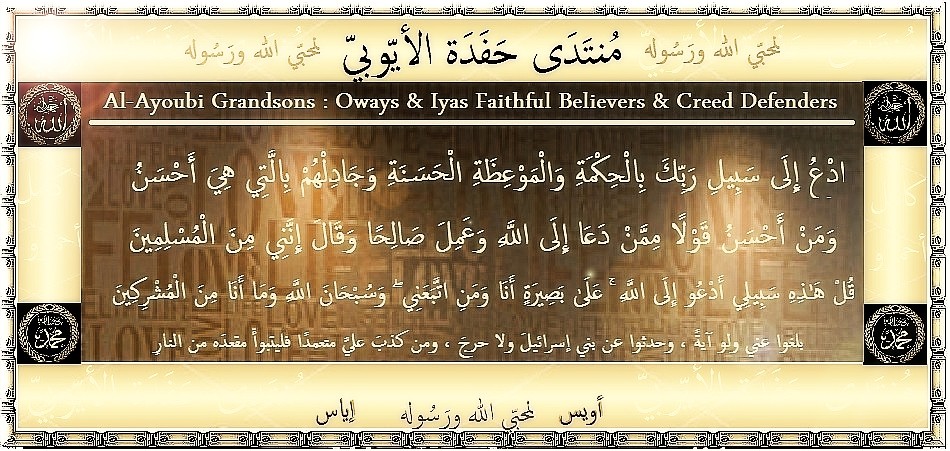The dhikr that is prescribed when breaking the fast
What is the ruling on the du’aa’ from hadeeth which they say are da’eef (weak), such as:
1 – Saying when breaking the fast: “Allaahumma laka sumtu wa ‘ala rizqika aftartu (O Allaah, for You I have fasted and by Your provision I have broken the fast).”
2 – Ashhadu an laa ilaaha ill-Allaah astaghfir Allaah as’aluka al-jannah wa a’oodhu bika min al-naar (I bear witness that there is no god but Allaah, I ask Allaah for forgiveness, I ask You for Paradise and I seek refuge with You from the Fire).
Is this prescribed, permissible, not permissible, makrooh, not valid or haraam?.
Praise be to Allaah.
Firstly:
Saying du’aa’ in the words mentioned when breaking the fast was narrated in a da’eef (weak) hadeeth which was narrated by Abu Dawood (2358) from Mu’aadh ibn Zuhrah, who heard that the Prophet (peace and blessings of Allaah be upon him) used to say, when he broke his fast, “Allaahumma laka sumtu was ‘ala rizqika aftartu (O Allaah, for You I have fasted and by Your provision I have broken the fast).”
There is no need for this, because we have the report narrated by Abu Dawood (2357) from Ibn ‘Umar (may Allaah be pleased with him) who said: When the Messenger of Allaah (peace and blessings of Allaah be upon him) broke his fast, he would say: “Dhahaba al-zamau’a, wa abtallat al-‘urooq wa thabata al-ajr insha Allah (Thirst has gone, the veins are moist, and the reward is assured, if Allaah wills).” This hadeeth was classed as hasan by al-Albaani in Saheeh Abi Dawood.
Secondly:
It is mustahabb for the fasting person to say du’aa’ whilst he is fasting and when breaking the fast, because of the report narrated by Ahmad (8030) from Abu Hurayrah (may Allaah be pleased with him) who said: We said: O Messenger of Allaah, when we see you our hearts are softened and we are people of the Hereafter, but when we leave you we are attracted by this world and by our womenfolk and children. He said: “If you were always as you are when you are with me, the angels would shake hands with you and they would visit you in your houses. If you did not commit sin, Allaah would bring another people who would commit sin so that He could forgive them.” He said: We said: O Messenger of Allaah, tell us about Paradise, what is it built of? He said: “Bricks of gold and bricks of silver; its mortar is musk, its pebbles are pearls and rubies, its soil is saffron. Whoever enters it will be happy and will never be miserable, he will abide therein forever and never die. His clothes will never wear out and his youth will never fade. There are three whose du’aa’ will not be rejected: a just ruler, a fasting person until he breaks the fast, and the prayer of one who has been wronged. It is borne on the clouds and the gates of heaven are opened for it, and the Lord, may He be glorified and exalted, says: ‘By My glory, I will grant you help even if it is after some time.’”
This hadeeth was classed as saheeh by Shu’ayb al-Arna’oot in Tahqeeq al-Musnad.
It was also narrated by al-Tirmidhi (2525) with the words, “… the fasting person when he breaks his fast…” This was classed as saheeh by al-Albaani in Saheeh al-Tirmidhi.
So you may ask Allaah for Paradise and seek refuge with Him from the Fire, and you can pray for forgiveness, and offer other du’aa’s that are prescribed in Islam. As for the du’aa’ in this particular form – Ashhadu an laa ilaaha ill-Allaah astaghfir Allaah as’aluka al-jannah wa a’oodhu bika min al-naar (I bear witness that there is no god but Allaah, I ask Allaah for forgiveness, I ask You for Paradise and I seek refuge with You from the Fire) – we could not find any source for it.
And Allaah knows best.




